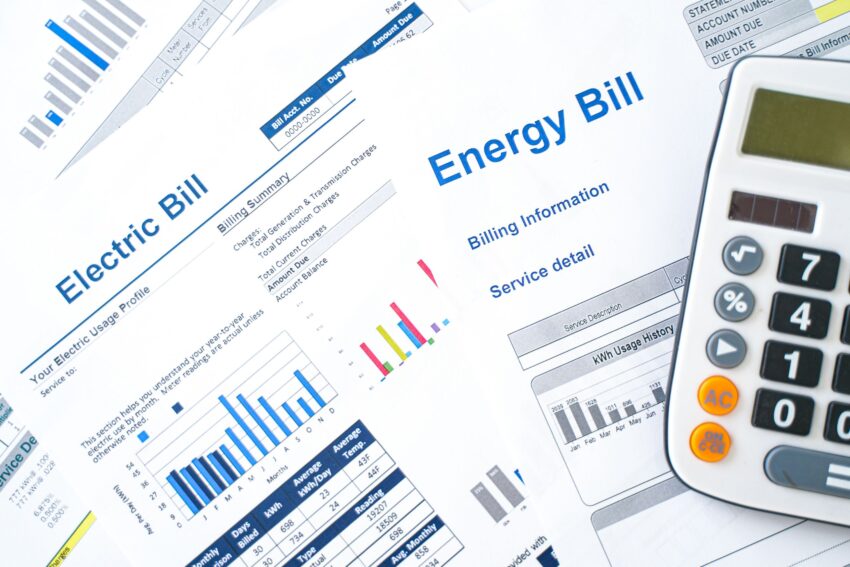It’s important that you compare prices between suppliers in order to cut the electricity bills. In general, fixed-rate plans tend to be the most affordable however variable-rate rates can be more expensive. If a non-profit, charity or other business is involved, they may choose to lower VAT.
Fixed-rate tariff is the most economical way to pay for business electricity
The price cap, which was announced on October 1, will protect consumers from increases in energy costs for six month. After that, the cap will be reviewed and may be extended to other sectors. The best way to reduce your cost of energy is to secure your energy rates and stay clear of any future price increases.
While a fixed rate tariff is more costly than a variable tariff but it is more secure. Fixed deals offer price certainty throughout the duration of the contract unlike variable tariffs. Moreover, a fixed tariff will shield you from price increases and shields you from the possibility of a drop in energy prices. You can also opt to exit your contract early when you think the price is too high.
Variable-rate tariffs are more expensive
If you’re considering whether you should switch your variable-rate business electricity plan this winter, there are some things to consider prior to doing so. First, inquire with the supplier about the conditions of your contract, including the dates and times when the price will change. Ask about early termination fees, as well as fees for membership. Additionally, you’ll have to know when your contract expires so that you can make changes. Do not sign anything unless you are fully informed.
Also, check out the discounts that your provider offers. It will depend on the type of contract you’re on and the amount of energy you require. You may have an Unitil contract for one year, and then switch to a different supplier after six months. You could switch to a more affordable supplier after the expiration of your current contract.
Reduced compare business electricity is available to charities and non-profit organizations
Non-profit and charitable organizations are exempt from certain levies and taxes. Non-profit organizations and charities are therefore eligible for reduced VAT for business electricity or gas. To qualify for the reduced rate, these organizations can use the VAT Declaration form. This form can help the company claim rebates from the supplier as well as HMRC. Charities are exempted from certain levies imposed by the government. They should be able to receive reduced VAT for their business gas or electricity bills for the next three years.
Charities and non-profit organisations can benefit from reduced VAT rate for winter 2022 to help lower their expenses. However, there are restrictions which apply to the amount of VAT reductions. Additionally, the suppliers must make sure that discounts are kept at the government-subsidized price. The price of the retail unit must not fall below the price floor that excludes VAT and the Climate Change Levy. This ensures consistency and avoids unintended consequences.
Standing charge is the most expensive
October 2022 will be a time of increased price cap, which determines the cost of electricity and gas. This means that both businesses and households will have to pay more for energy however it’s not too late to make changes. Fortunately, there are ways to keep costs down and a lot of tips are available on the internet.
The unit rate is the amount you pay per kilowatt-hour. This is how energy costs are calculated. The unit rate for electricity and gas is the same, however it is lower if use more. The location of your contract as well as the length of your contract will affect the unit rate. This is something you should consider when making comparisons of prices. The most expensive business electricity for winter 2022 will be the standing charge, which is a one-off daily cost that doesn’t change depending on your usage. It is also necessary to factor in VAT, which currently stands at 20% for most companies, but only 5 percent for eligible ones.
